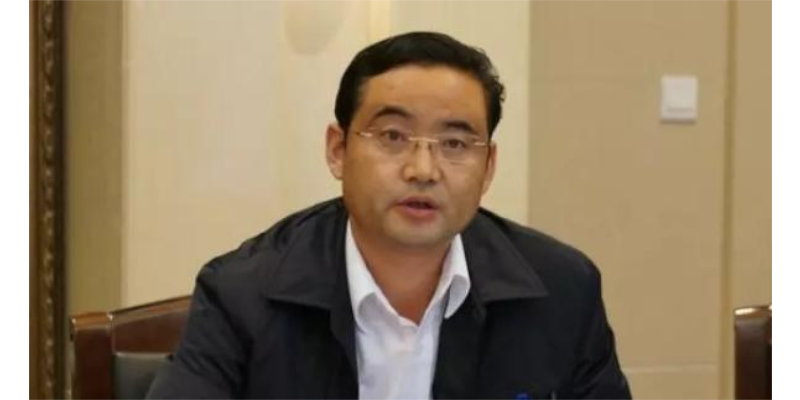Dharamshala, 11th April: Last month, a former top official in China’s Qinghai province was sentenced to 11 years in prison for accepting almost $3 million in bribes from mining and construction companies, corporations, and people while in office, as per RFA report. From 2009 to 2020, Wen Guodong was the vice governor of Qinghai Province. The report continued that the Chongqing First Intermediate People’s Court condemned him on March 29, fining him 2 million yuan ($314,213) and ordering him to relinquish bribe-related assets.
According to a Feb. 2, 2021 report by the Beijing-based China Biodiversity Conservation and Green Development Foundation, while in office, Wen supported unlawful mining operations at Qinghai’s Muli coalfield, located in the Tsonub (Haixi) Mongol and Tibetan Autonomous Prefecture’s Themchen (in Chinese, Tianjun) county, a massive mining area operated by the Kingho Group, a private corporation.
However, as per RFA, Sangay Kyab, a Tibetan researcher residing in Spain, said the coverage of Wen’s case in the Chinese news has downplayed the impact of the former official’s wrongdoing on the environment in Tibetan areas. China has been repeatedly chastised by international environmental organizations for exploiting Tibet’s natural resources.
The Chinese official media has focused solely on the bribery charges leveled against Wen Guodong, ignoring the regional damage he has caused. Over the years, opencast coal mining at Muli has ruined the alpine meadows that connect the mountains’ glaciers to the plateau. The Chinese government has always attempted to conceal these issues.
Sentencing inequalities in China’s court system also testify to unequal treatment of Tibetans under Chinese law, according to Kyab, who described Wen’s 11-year sentence as “lenient” in light of the harm he caused. Go Sherab Gyatso, a 46-year-old monk of Kirti monastery in Sichuan’s Ngaba (Aba) Tibetan Autonomous Prefecture, was sentenced to ten years in prison in 2021 simply for expressing loyalty to Tibet’s exiled spiritual leader the Dalai Lama, according to Kyab.
Tibet is sometimes referred to be the world’s third pole, and it is a vital supply of fresh water for its neighbors. Tibet is the source of rivers such as the Indus, Brahmaputra, and Yangtze, and disturbing Tibet’s fragile ecosystem will have a severe impact on millions of people.
Tibet has become an important source of minerals for China’s economic expansion, and Chinese mining and infrastructural projects in Tibetan areas have resulted in extensive environmental harm, including water contamination and the destruction of sacred sites.
Picture Credit: RFA







Leave a Reply